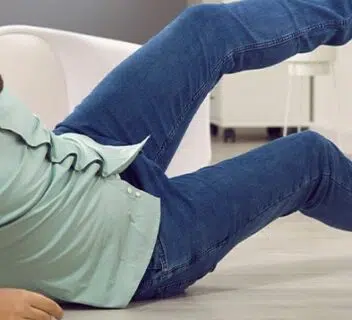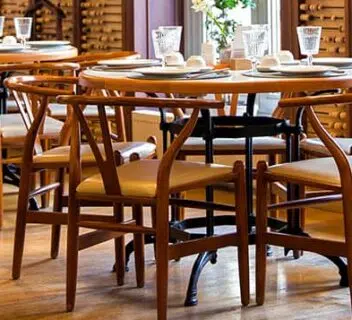What Happens If You Slip and Fall in a Store: Your Legal Options Explained
If you slip and fall in a store, it’s important to know what steps to take immediately and your legal options. This article explains what happens if you slip and fall in a store, how to determine liability, and how you can protect your rights and seek compensation.
Key Takeaways
- After a slip and fall incident, it is critical to seek immediate medical attention, report the incident to store management and gather evidence to support any potential claims.
- Store liability plays an essential role in slip and fall cases; establishments are required to maintain safe conditions and can be held accountable for negligence when hazards are present. Proving the property owner’s negligence, such as their awareness of the hazard and the direct link between that negligence and the injury, is crucial.
- Consulting a personal injury lawyer is advisable when filing a slip and fall claim to ensure fair compensation, navigate legal complexities, and effectively negotiate settlements.
Immediate Steps to Take After a Slip and Fall in a Store
When a slip and fall accident occurs, the initial moments are critical. Even when a person slips due to an obvious hazard, it is important to take immediate action. Taking the right steps can help protect your health and preserve your right to compensation.
The three essential actions you should take immediately include seeking medical attention, reporting the incident, and gathering evidence.
Seek Medical Attention
If you experience a slip and fall accident, it’s crucial to obtain medical attention without delay, regardless of the initial severity of your injuries. The consequences of a fall might escalate if not addressed promptly. For instance, what appears initially as just a bruise could evolve into something more serious such as a fracture or internal bleeding. A comprehensive medical assessment is vital in detecting any concealed injuries and recording them for subsequent use.
Promptly seeking medical care not only supports your healing process but also generates critical records that serve as proof should you decide to pursue a slip and fall claim. These medical documents are instrumental evidence that substantiates the extent of your injury and therapy undertaken, thereby reinforcing your position when claiming compensation for damages incurred from the accident.
Report the Incident
After ensuring your well-being, it is crucial to inform the store’s management about the incident. Prompt communication with the manager of the establishment documents an official account and can provide pivotal evidence for your slip and fall case. Insist on receiving a detailed accident report that outlines the circumstances as this document is essential for any subsequent claims.
By reporting what happened, you assert your narrative and safeguard key pieces of evidence. This documentation strengthens your position by making it more challenging for the store to refute either the occurrence or gravity of the slip and fall accident. That being said, be careful about how much you reveal in your report disclosures — what you say during this time could be used against you (and be used to undermine your claims) during the dispute later on. It’s critical that you do not give too many details until you consult an attorney, first.
Gather Evidence
To bolster your slip and fall claim, it is crucial to compile evidence. In the event of a fall, try to capture images of the location right away if you can, particularly focusing on potential hazards such as damp floors or irregular surfaces that may not have been properly indicated by warning signs. These visual records are potent in substantiating the perilous situation leading to your slip.
It is also important to gather contact details from any individuals who witnessed the accident take place. Their accounts can validate your narrative and shed light on what exactly transpired during those moments.
Lastly, ensure you retain all relevant paperwork—this includes medical documents related to your injury and any official reports concerning the incident—to sustain a comprehensive collection of proof for your claim.
Understanding Store Liability for Slip and Fall Accidents
Liability of the store is crucial when filing a claim for a slip and fall incident on someone else’s property, as it is their responsibility to ensure that their premises are kept in a condition safe enough for patrons.
The following section delves into the idea of liability within stores, presents instances of negligence that may occur, and outlines how one can demonstrate negligence in cases related to slips and falls.
Premises Liability Explained
Property owners have a responsibility under the concept of premises liability to ensure the safety of their visitors. It is imperative for stores to conduct routine checks and swiftly remedy any potential dangers in order to prevent slips and falls from occurring on their grounds. Should a person fall due to a perilous situation that the store was aware of, or reasonably should have been aware of, they may be found responsible for any injuries sustained by the individual.
Liability can depend on numerous factors including whether the risk could have been anticipated and if knowledge about it existed with the property owner. Stores might face responsibility indirectly through vicarious liability: if an employee neglects to eliminate a recognized hazard, this failure can result in holding the store accountable for incidents arising from such oversight.
Examples of Store Negligence
Store negligence can include various hazardous conditions such as wet floors without warning signs, uneven surfaces, or lack of proper railings. These conditions increase the risk of slips and falls, necessitating regular inspections and maintenance by stores. Slip and fall accidents are a leading cause of preventable injuries and deaths, particularly among older adults.
Failure to address a known hazard can make a store owner liable for resulting injuries. For example, if a spill is reported to store management but not promptly cleaned up, and a customer slips and falls, the store can be considered negligent.
Proving Store Negligence
To establish negligence, it’s necessary to demonstrate that the property owner’s negligence, such as the store’s awareness of the hazard, played a critical role in the incident. Documentation of past occurrences or injuries can suggest awareness of potential risks. Such documentation is crucial in proving that the store was alerted to a hazard but ignored its duty to rectify the issue.
Whether warning signs were present plays an important role in establishing negligence. A jury examines every aspect related to the event when deciding liability. The objective is to demonstrate that the store neglected its obligation by not exercising reasonable care, which could have prevented the accident from happening.
Legal Process for Filing a Slip and Fall Claim
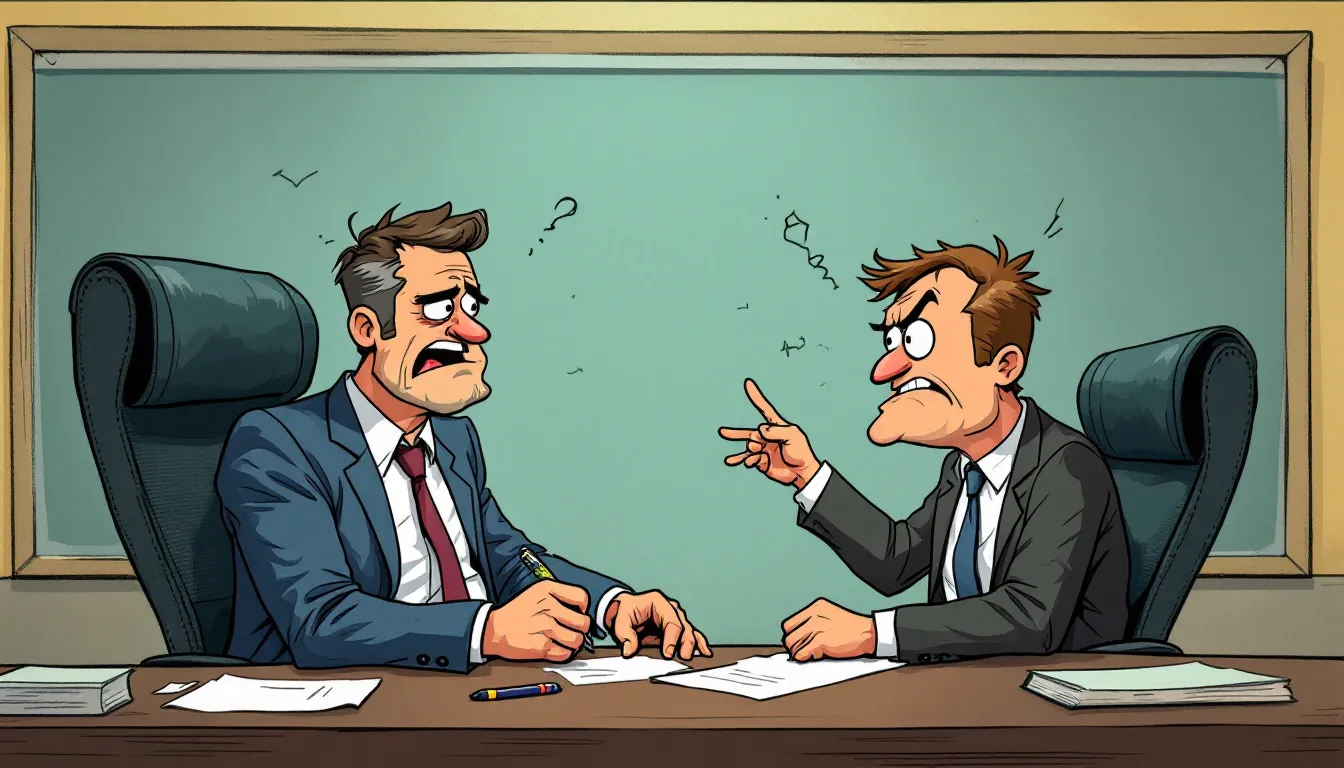
Filing a slip and fall claim can be daunting. This section covers consulting a lawyer, filing the claim, and negotiating a settlement, ensuring you understand each step.
Consulting a Slip and Fall lawyer
Consulting a slip and fall lawyer is crucial for receiving fair compensation. A personal injury lawyer helps you understand your rights, gather evidence, and navigate legal complexities. They build your case, negotiate with insurance companies, and represent you in court if needed.
Most slip and fall lawyers work on a contingency fee basis, meaning you won’t pay fees unless you receive a settlement or favorable verdict. This arrangement allows you to seek legal representation without upfront costs.
Contact 1-800-THE-LAW2 today for a free legal consultation with a personal injury attorney in our network.
Filing the Claim
Initiating a claim for a slip and fall accident is an official procedure aimed at obtaining financial redress. The majority of these claims are resolved before reaching court. It’s vital to have extensive records ready. Key items of documentation include medical reports, proof of income loss through pay stubs, and material that associates your injury with the inability to work.
Maintaining meticulous accounts of all medical expenses and related costs is essential in bolstering your case for compensation. Such evidence confirms the financial impact resulting from the injury sustained during the slip and fall incident.
Negotiating a Settlement
Engaging in settlement negotiations typically resolves matters more expediently and economically than proceeding to trial, as evidenced by the fact that approximately 97% of civil disputes are resolved through settlements rather than court decisions. Once the evidence has been collected, your attorney is equipped to construct a compelling case to secure an equitable settlement.
It is unwise to enter into settlement discussions with the store or its insurer without legal representation. A seasoned attorney can advocate for just compensation on your behalf and safeguard against inadequate proposals.
Potential Compensation for Slip and Fall Injuries
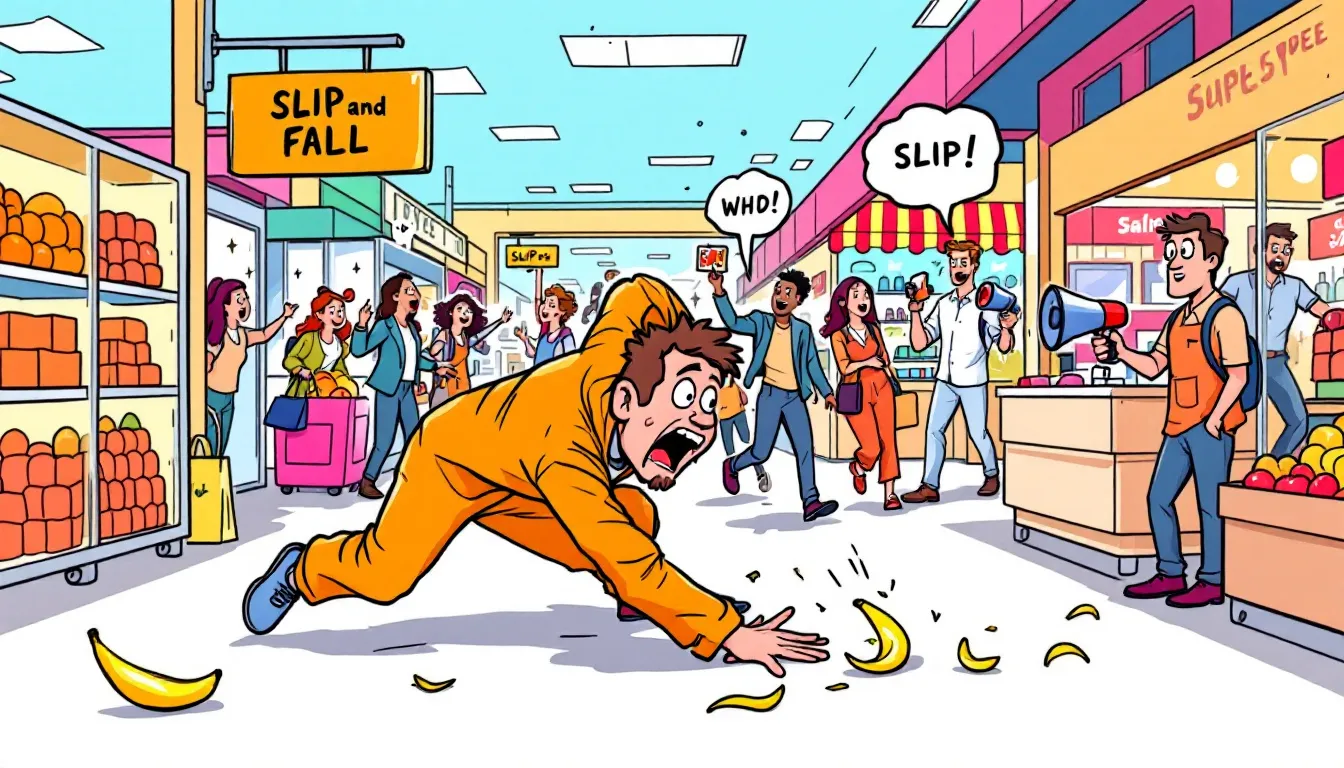
After a slip and fall accident, you may be entitled to various types of compensation, including medical bills and expenses, lost wages and income, and pain and suffering.
Medical Bills and Expenses
After experiencing a slip and fall accident, the accumulation of medical bills and related expenditures can pose a substantial burden on your financial well-being. These economic losses are measurable costs that you can substantiate using receipts. It’s crucial to meticulously maintain records of every expense incurred due to your injury. This includes all hospital charges, medication purchases, and expenses for rehabilitative services.
It is essential to account for long-term healthcare necessities like subsequent medical interventions or ongoing rehabilitation when determining the amount of compensation needed. By thoroughly documenting these future expenses, you will be in a better position to secure sufficient funds tailored to cover all medical requirements stemming from the fall accident.
Lost Wages and Income
Injured individuals can seek compensation for both past and future lost earnings. This includes regular pay, bonuses, and any potential future earnings affected by the injury. Document your income prior to the injury and provide proof of how the injury has impacted your ability to work.
Compensation for lost wages includes income lost during your recovery period and any permanent disabilities affecting your future earning potential. Thorough documentation strengthens your claim for lost wages and income.
Pain and Suffering
Damages for pain and suffering reflect the personal toll that injuries take on your life quality, covering both physical discomfort and mental anguish. These intangible losses are assessed by examining how the incident has disrupted your day-to-day existence through various physical and psychological challenges.
To compute these damages, a calculation method is employed which applies a multiplier to gauge injury severity as well as any enduring consequences. Keeping detailed records of how your injuries have affected you can aid in securing equitable recompense for the pain and suffering endured.
Common Challenges in Slip and Fall Cases
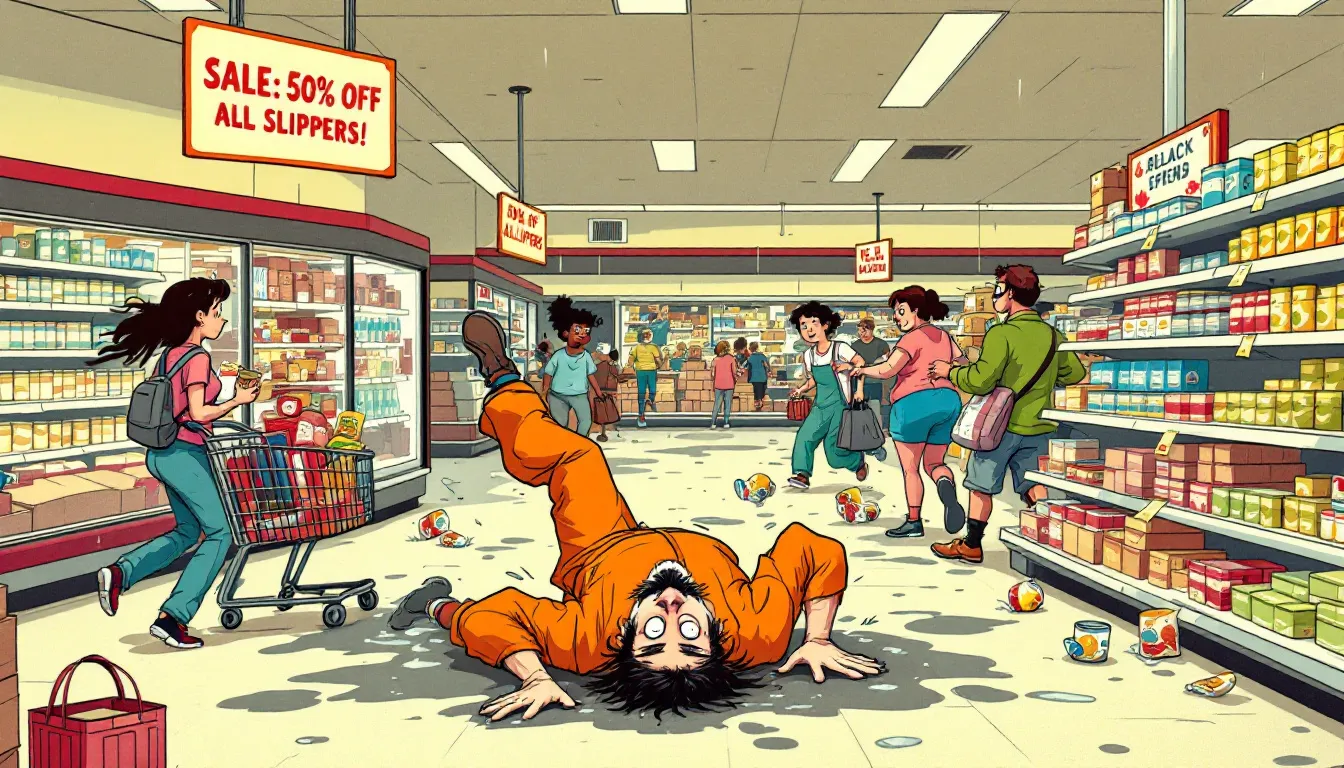
Slip and fall cases come with their own challenges. This section explores common issues such as comparative negligence, the statute of limitations, and insurance company tactics to help you navigate these obstacles.
Comparative Negligence
Comparative negligence reduces the damages a plaintiff can recover based on their percentage of fault for the accident. If the injured person is partially at fault, their compensation may be reduced proportionately. In some jurisdictions, if a victim is more than 50% at fault, they may be barred from recovering damages altogether.
Understanding comparative negligence and its impact on your claim is crucial in preparing for your slip and fall case. Solid evidence proving the store’s negligence can help mitigate the impact on your compensation.
Statute of Limitations
Submitting your slip and fall claim in a timely manner is crucial to maintain its legitimacy, as it must be done within the statute of limitations period which differs from state to state. Delaying beyond this time frame can result in the court rejecting your case, thereby forfeiting any potential compensation.
Although extensions to this deadline are infrequent, specific scenarios like being absent from the state or intentional concealment of the claim by the defendant could justify an extension. To make certain that you adhere to these legal time constraints for filing your claim, seek guidance from an attorney.
Insurance Company Tactics
Insurance providers frequently employ strategies to reduce the amount they pay out for slip and fall claims. These strategies can involve stalling the claim processing, hoping that claimants will grow impatient and settle for less compensation, as well as presenting initial lowball settlement offers that are attractive but fail to adequately cover the real worth of the claim.
To combat these maneuvers, it’s essential to stay tenacious, keep detailed records of all exchanges with the insurance company, and engage an accomplished personal injury attorney. A lawyer with expertise in this area is adept at overcoming such obstacles and securing just reimbursement for your injuries and associated costs.
Summary
To summarize, recognizing your legal rights following a slip and fall accident at a store is essential. Prompt actions like obtaining medical attention, notifying the store about the incident, and compiling evidence are fundamental steps for safeguarding your well-being and bolstering your possible compensation claim. Familiarity with the specifics of store liability, understanding how to formally submit a claim, and being aware of potential compensatory outcomes can provide you with crucial leverage. Engaging an attorney to help traverse any intricate hurdles will be advantageous in this process. Being proactive and knowledgeable is key in securing the restitution owed to you after such an accident.
Frequently Asked Questions
What should I do immediately after a slip and fall accident in a store?
After a slip and fall accident in a store, it is crucial to seek medical attention, report the incident to store management and collect evidence, including photos and witness statements.
Taking these steps will help ensure your safety and preserve important information for any potential claims.
How can I prove the store was negligent in a slip and fall case?
To prove the store was negligent in a slip and fall case, you must demonstrate that the store either knew or should have known about the hazardous condition and did not take appropriate measures to address it.
Evidence such as past incidents, absence of warning signs, and witness testimony will support your claim.
What types of compensation can I receive for a slip and fall injury?
You can receive compensation for medical bills and expenses, lost wages, and pain and suffering due to a slip and fall injury.
It is essential to document all related losses to support your claim.
What is the statute of limitations for filing a slip and fall claim?
The statute of limitations for filing a slip and fall claim varies by state, so it is crucial to consult with an attorney to determine the specific filing deadline for your situation.
Taking prompt action will help ensure your claim remains valid.
How can a lawyer help with my slip and fall claim?
By hiring an attorney, you can significantly improve your slip and fall claim as they can help explain your rights, gather essential evidence, and handle negotiations with insurance companies for you.
Working with a legal expert allows you to concentrate on healing while they represent your interests, often operating under a contingency fee arrangement.


